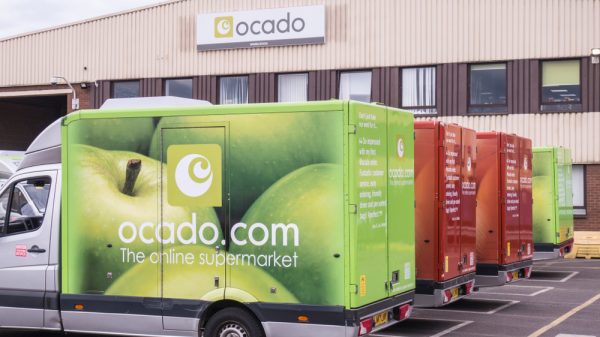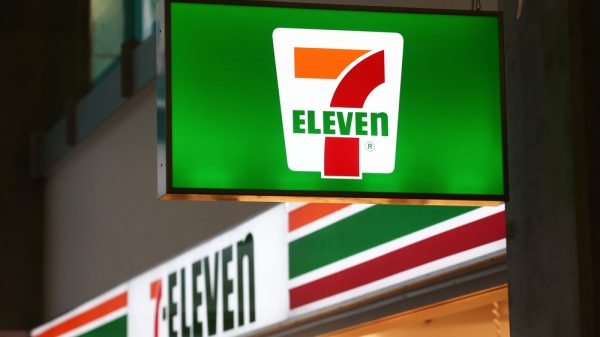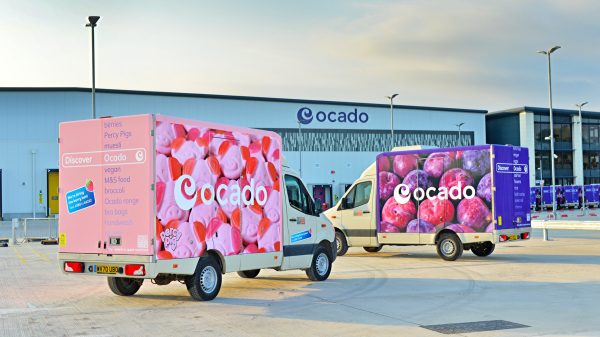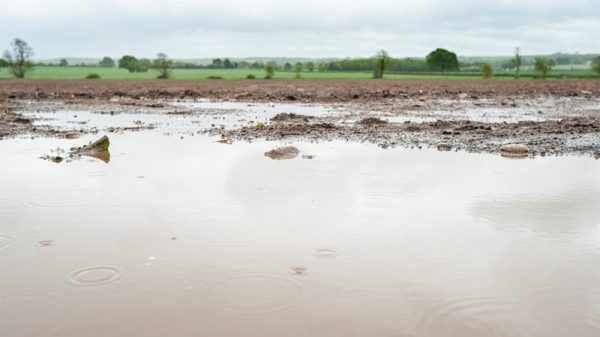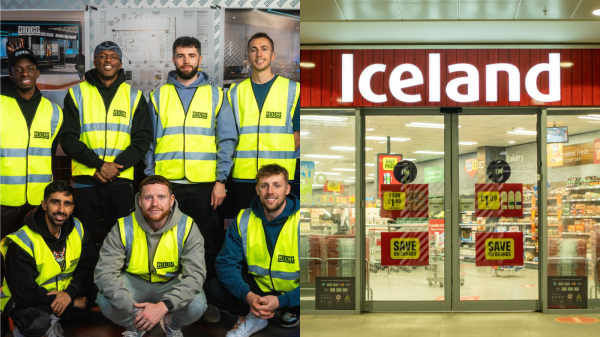Nestlé has been accused of adding unnecessary sugar to infant milk sold in poor countries, according to a new report from Swiss investigative organisation Public Eye.
Public Eye sent samples of Nestlé baby food products being sold in different international markets, including Asia, Africa and Latin America for laboratory testing, reported The Guardian.
The organisation found sucrose or honey in samples of Nestlé’s follow-up milk formula brand Nido and Cerelac, a cereal targeted at children aged between six months and two years.
Sugar variations present in Cerelac products in India, Brazil and Nigeria, showed that some lines were found to have more than 2.7g, 4g and 6.8g of added sugar respectively. Nido variations were similar, with some products in Indonesia, Mexico and South-Africa, Nigeria and Senegal, reported to have up to 0.8g, 1.7g and 1g of added sugar per serving.
The revelation comes as a sharp contrast to the ingredients of Nestlé products in its main European markets, including the UK, where there is no added sugar in formulas for young children.
Subscribe to Grocery Gazette for free
Sign up here to get the latest grocery and food news each morning
Public Eye also found that while some European cereals for older toddlers contained added sugar, this was not present in products aimed at babies of 6 months to a year.
Other notable products from the FMCG with altered components include biscuit-flavoured cereals for babies aged six months and older, which contained 6g of added sugar per serving in Senegal and South Africa, while the same product sold in Switzerland had none.
Public Eye agriculture and nutrition expert Laurent Gaberell said: “Nestlé must put an end to these dangerous double standards and stop adding sugar in all products for children under three years old, in every part of the world.”
The news comes as Nestlé recently posted global retail sales of more than £960m ($1.2bn) for Cerelac and $4.1bn for Nido, with the majority of sales from ‘poorer’ countries.
A Nestlé spokesperson told The Guardian: “We believe in the nutritional quality of our products for early childhood and prioritise using high-quality ingredients adapted to the growth and development of children.”
She added that Nestlé always adhered “with local regulations or international standards, including labelling requirements and thresholds on carbohydrate content that encompasses sugars”.
Last month, Nestlé shareholders urge the company to stop selling so much chocolate, and challenged the KitKat and Shreddies owner to “dramatically improve its impact on peoples health”.

